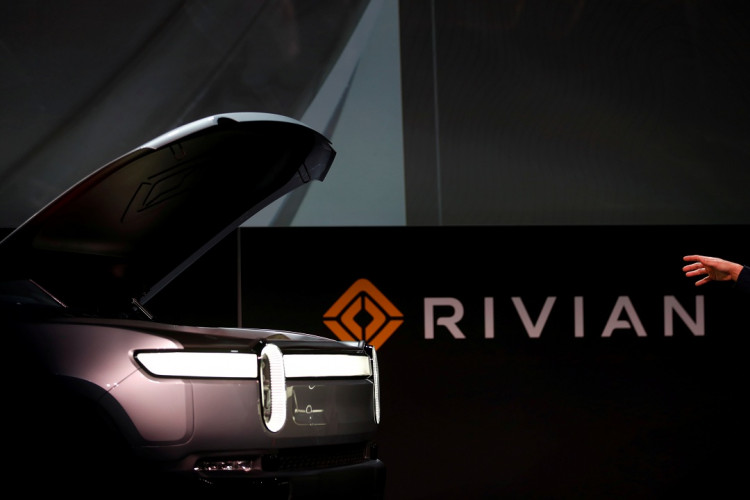Volkswagen Group has announced a significant investment plan, pledging up to $5 billion in the U.S. electric vehicle startup Rivian. The news of an initial $1 billion investment sent Rivian's shares soaring over 30% in after-hours trading on Tuesday.
This investment is timely for Rivian, which has been under pressure from Wall Street due to its high cash burn and substantial losses. Volkswagen's capital injection comes in the form of a convertible note, allowing the German automaker to convert it into Rivian shares starting December 1.
But Volkswagen's involvement goes beyond the initial $1 billion. The company plans to add another $4 billion through two tranches of $1 billion each in 2025 and 2026, followed by an additional $2 billion in 2026 as part of an anticipated joint venture. This partnership aims to share EV architecture and software, positioning both companies more competitively in the rapidly evolving electric vehicle market.
RJ Scaringe, Rivian's CEO, expressed optimism about the partnership. He noted that the funding would be instrumental in developing Rivian's next-generation vehicles, including the more affordable and smaller R2 SUVs set to debut in 2026. "This investment provides the necessary capital to accelerate our product development and brings a formidable partner to our mission of transitioning the world to sustainable energy," Scaringe said in a statement.
Volkswagen now joins Ford Motor Company as a major legacy automaker investing in Rivian. Ford, one of Rivian's initial large stakeholders alongside Amazon, previously held about 12% of Rivian's shares. However, Ford sold most of its shares by 2023 after retracting a plan to co-develop EVs with the startup.
Based in California, Rivian reported a loss of $1.45 billion in the first quarter of this year. This loss came as the company retooled its plant in Normal, Illinois, to launch updated versions of its R1T pickup and R1S SUV EVs ahead of its next-generation vehicles in 2026. Rivian has also been aggressively cutting costs, reducing staff, improving plant efficiencies, and pausing the construction of a new multibillion-dollar factory in Georgia. These measures are expected to save more than $2.25 billion in capital spending.
Despite these challenges, Rivian reported $7.86 billion in cash, cash equivalents, and short-term investments at the end of March, with total liquidity exceeding $9 billion. The partnership with Volkswagen is expected to further strengthen Rivian's financial position and provide a pathway to sustained growth.
Volkswagen's investment highlights its strategic shift towards electric vehicles and advanced software. The German automaker has been accelerating its plans to develop software-defined vehicles (SDVs) and views Rivian's expertise and intellectual property as valuable assets in this effort. "This partnership with Rivian is a significant step in our journey towards becoming a leading player in the EV market," said Herbert Diess, CEO of Volkswagen Group. "By combining our strengths, we can expedite the development of advanced electric vehicles and software solutions."
This partnership is also expected to help Volkswagen overcome some challenges traditional automakers face in building battery-powered vehicles and advanced software. Meanwhile, EV startups like Rivian have been grappling with a slowdown in demand amid high-interest rates and dwindling cash reserves. The collaboration between the two companies aims to leverage their respective strengths to navigate these challenges effectively.





